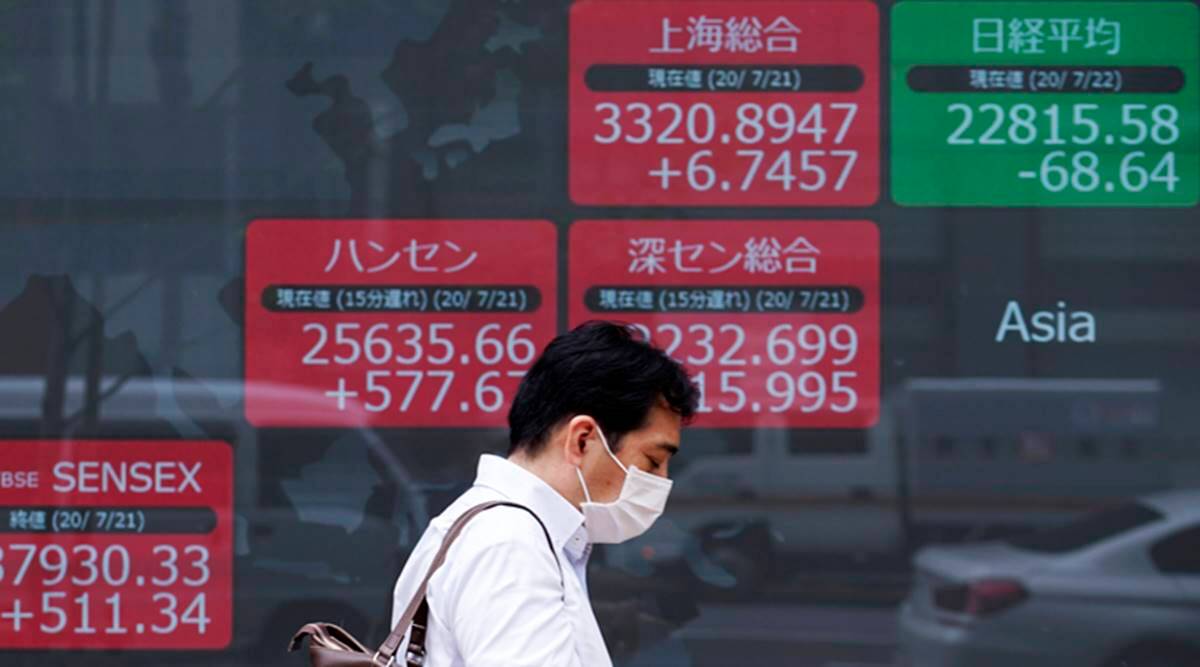Tokyo and Hong Kong markets have been affected by the dropping of oil prices and the COVID-19 pandemic, while stock markets in Seul and Shanghai and other pacific markets rose. According to the statistics from MarketWatch, Tokyo’s Nikkei 225 NIK, -0.64%, meaning a loss of 0.6%.
Also, Hong Kong’s Hang Seng HSI, -0.61% dropped to 0.5 %, and Indonesia’s Indonesia JAKIDX dropped to -0.52%. The Asian Markets which recorded some growth were: Singapore STI, 0.17%; Taiwan Y9999, +1.18%; Shanghai SHCOMP, which hit 0.06% and South Korea’s Kospi 180721, which hit 0.35%.
Can Asian Markets be compared?
In general terms, it appears that the Asian stock markets are very different from each other due to their own internal policies, international policy and other external and internal factors. The COVID-19 global pandemic has affected all counties, but some Asian countries more than others. Japan and South Korea seem to be more in control, while other countries such as Thailand and the Philippines seem deeply affected
The cold war of the oil
Recently, the United Arab Emirates (UAE) seemed to disagree with reducing oil production, a plan of the Organization of Petroleum Exporting Countries (OPEC) and its allay countries.
It seems that the UAE wants to produce even more oil than Saudi Arabia, one of the most important members of the OPEC, and the two countries are in tight competition. All these decisions have affected the oil prices and, of course, the stock markets worldwide.
Creating new job opportunities might be the key.
Many people have lost their jobs due to the COVID-19 pandemic. To regain economic growth, all counties must create new employment opportunities for those affected.
The U.S is already desperately trying to create new jobs and hire unemployed people.
Unemployed people in the U.S do not seem to be in a rush for getting a new job, and this can have an impact on the economy. Even so, it seems that the U.S managed last month to hire more people than those who have been layed of.

Leave a Reply